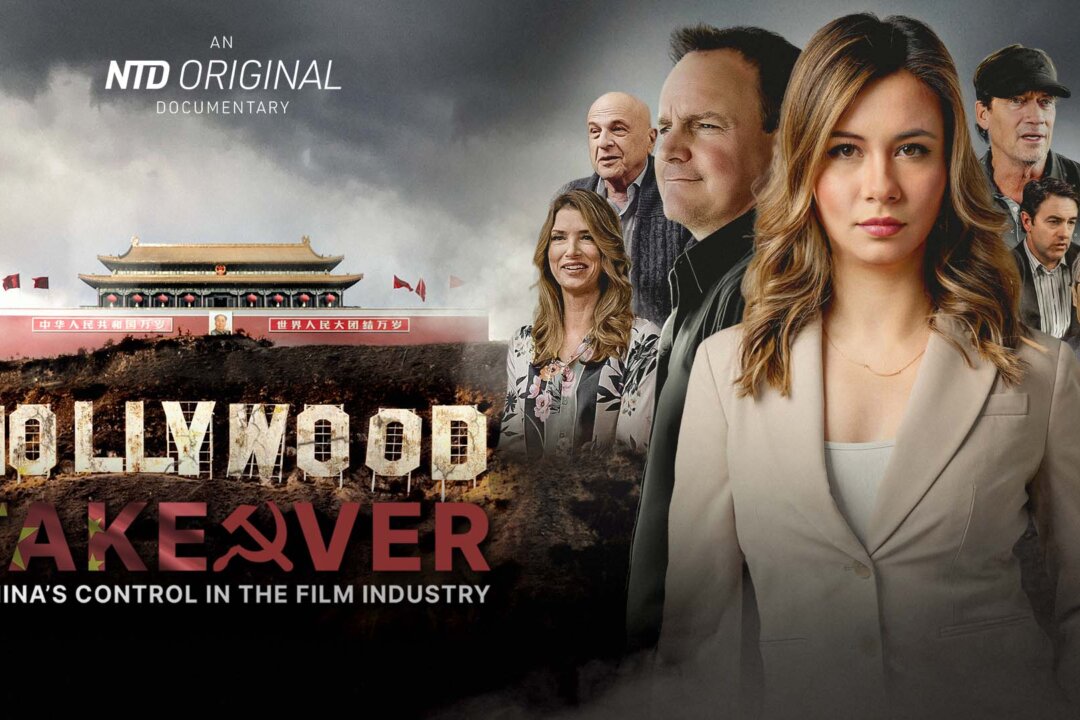The CCP and Me: Once Upon A Time in Today's Hollywood
Michael Clark at Epoch Times


During the opening title sequence of “Hollywood Takeover: China’s Control in the Film Industry” (“Takeover”), a title card includes a quote from Mao Zedong, the sixth through 10th chairman of the Chinese Communist Party (CCP). It reads “There is in fact no such thing as art for art’s sake,” an obvious slam against the text “ars gratia artis” (Latin for “art for art’s sake”) surrounding the “Leo the Lion” logo at the start of all MGM studio productions.
What Mao meant (I think) was that while art, particularly film, is primarily an entertainment vehicle, it could and should also be used as a vessel for political and social propaganda, something not lost on each of his successors.
While China began banning foreign films in the early 20th century, with the increase in foreign trade, it began to allow some films to be shown. The CCP didn’t begin wielding its considerable “global exhibition muscle” in earnest until 1997 (more on that below). In 2008, just after the first Beijing Olympics and under the supervision of then-Chinese leader Hu Jintao, the CCP stepped up its game to full-blown censorship and manipulation of foreign films, particularly those produced in the United States.
It’s Never Going to Stop
Hosted by NTD news anchor Tiffany Meier, “Takeover” expertly examines the CCP’s ever-increasing influence over the U.S. film industry, and how and why that’s never likely to stop. The CCP’s principal concern is content that goes against, in the slightest manner, its social and political directives.
For instance, the 2012 movie “Looper” met resistance because of its time travel subplot, which, in the opinion of the CCP, could change events in the past and future, a big no-no. The CCP overlooked the time travel component and gave the film its “blessing” only after the film made clear that living in China in the future was better than living in France, and if a role for rising Chinese actress Xu Qing was added to the story. This was done, as was the inclusion of Ms. Xu’s image on the Chinese advertising poster and not on the American versions.
There are many other examples of other CCP demands presented in “Takeover,” but three are worth noting here; two are in Tom Cruise movies.
CCP Control . . .
In the trailer for “Top Gun: Maverick” (2022), there is a blink-and-you’ll-miss-it image of the back of Maverick’s bomber jacket as seen in the first film where flag patches of Taiwan and Japan appeared. They were removed at the request of the CCP-controlled Tencent Pictures. After Tencent backed out of the production, the images were reinstated.
Read the rest (subscription may be required)


